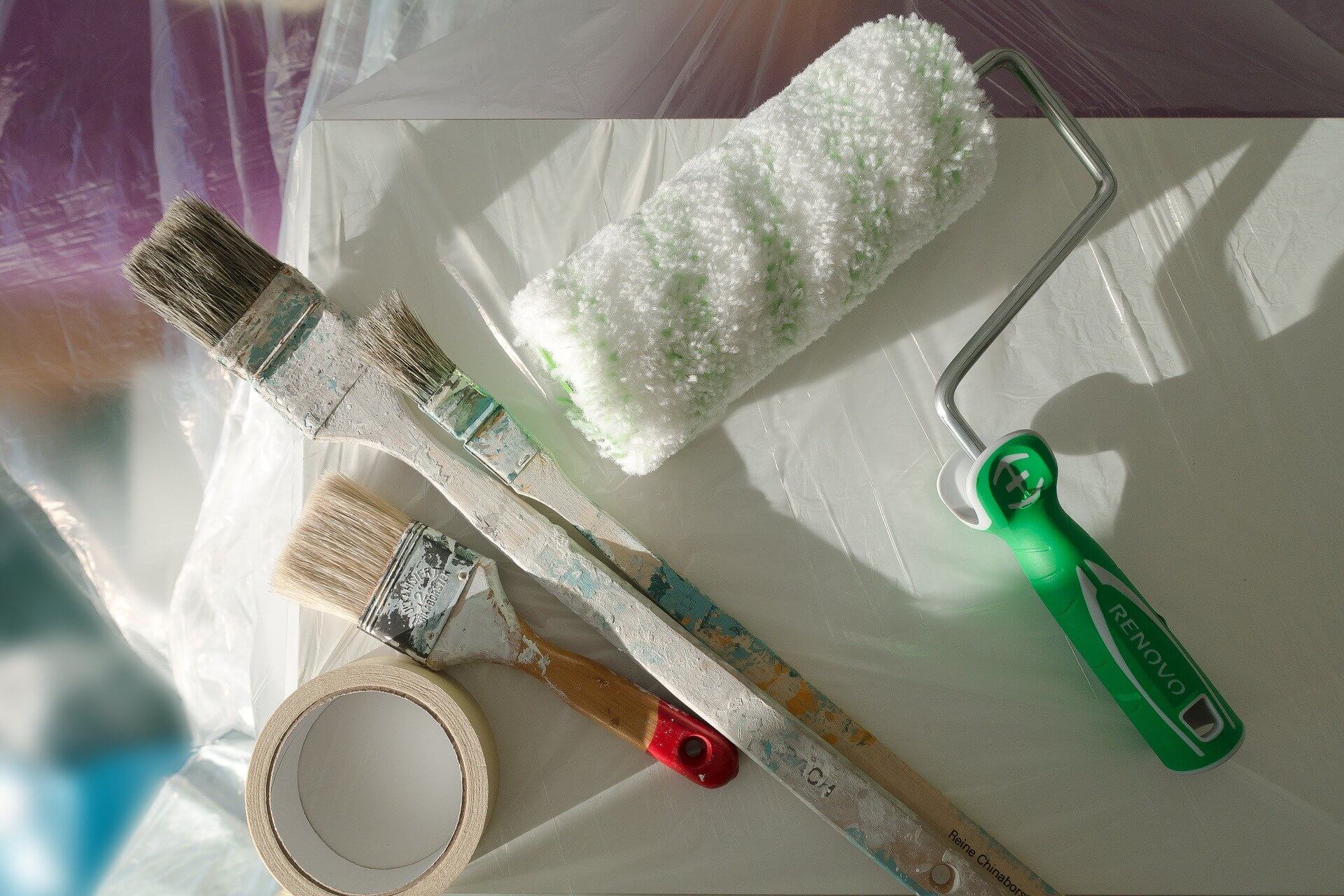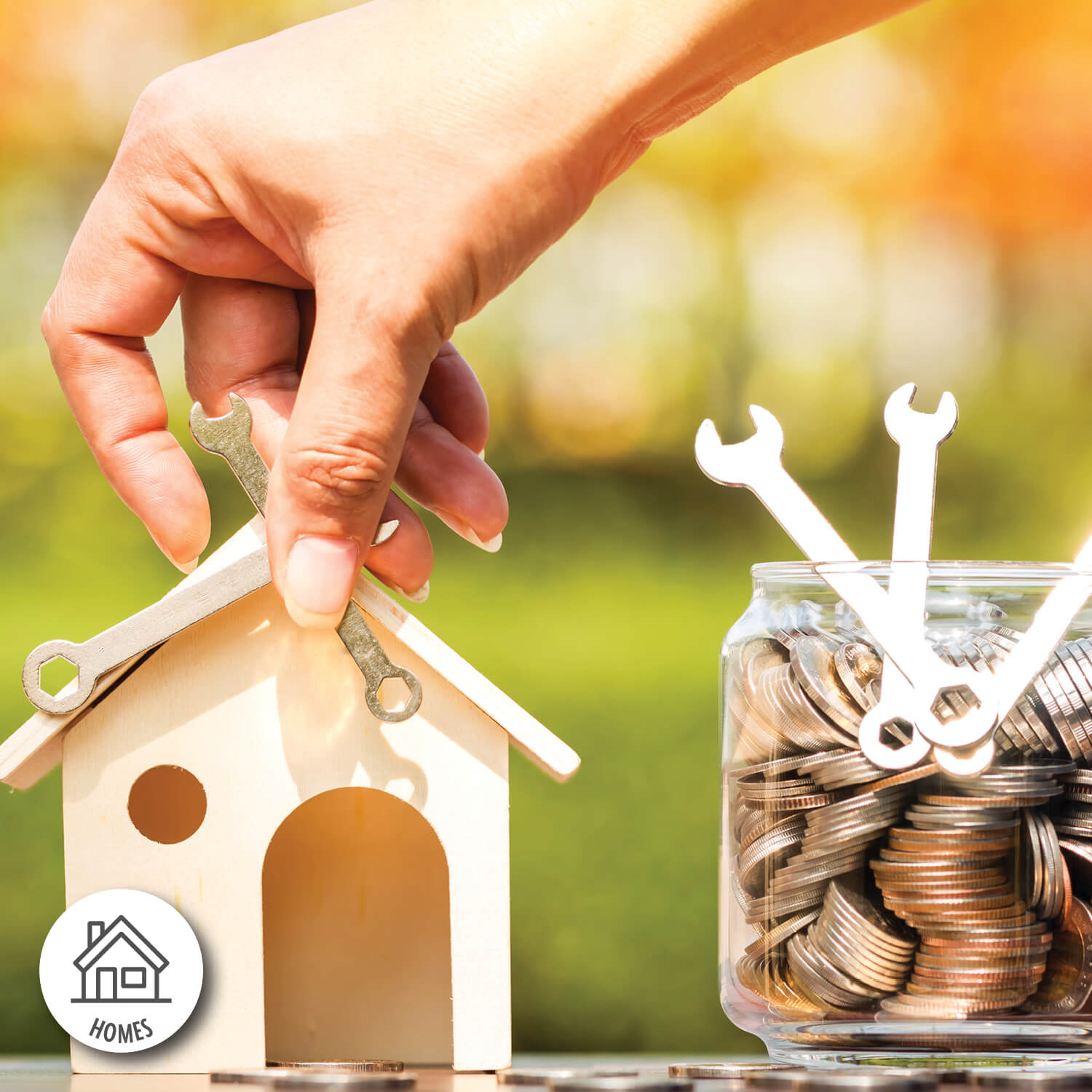
Should I Sign Up for Budget Billing?
Monday, Mar 1 2021
Q: My steep utility bills in the winter and summer months always throw my budget for a loop. Should I sign up for budget billing?
A: Budget billing can simplify your utility payments by making each month the same fixed amount, but it’s important to understand all the facts before signing up.
We have answered all your questions on budget billing.
What is budget billing?
When you sign up for budget billing, the utility company will add up the total amount you paid for their service over the last year, including a small percentage for inflation, and then divide that number by 12. This value becomes the amount due for your monthly bill. This way, you pay the same amount of money for your gas or electric bill whether you’ve had freezing weather that month or you’ve had the central air running full blast for days.
What happens if I use more or less energy than the company estimated?
If your energy usage exceeds the company’s estimate, you’ll need to pay the difference at the end of the year.
If you’re careful about conserving energy and use less this year than was estimated, most companies will give you a credit toward next year’s bills. Some will offer you a lower monthly budget based on your most recent usage for next year, and others will actually issue you a refund at the end of the 12 months (think, no amount due for the next 1-2 months!).
Do I have to pay for this service?
Fees for budget billing vary by company, so be sure to read the contract carefully before you sign up for this service. Some companies offer this service free of charge. Many will collect a small fee for budget billing, which shouldn’t be enough to deter you from signing up. However, if a company is asking for $3 or more a month just to work out a budget for you, it’s probably not worth the price.
What are some pros of budget billing?
The most obvious benefit of budget billing is a fixed monthly utility bill. Without that, you’re facing super-high bills during months of extreme weather. And that can make it difficult to stick to your monthly budget. The more fixed expenses you have each month, the easier it is to work out a budget and actually keep it.
Budget billing also helps offset the high costs of summer and winter bills. Lots of people, like those who live in places that see extreme weather, can find it difficult to pay the doubled or tripled bills these times of the year. Averaging the energy costs of the entire year and spreading it over 12 months makes it a lot more manageable.
What are some cons of budget billing?
Many people who sign up for budget billing end up using a lot more energy than they did when they paid for each month’s actual energy usage. When you know your bill will be the same no matter how high you crank that thermostat, it’s harder to be disciplined enough to keep it down. Of course, this means a higher bill at the end of the year.
Also, while budget billing may make it easier to pay your monthly bills, it can be hard to cover the balloon payment at the end of the year.
Is there a way to create a budget-billing plan myself?
If you don’t want the hassle, fees, or restrictions of a budgeting plan, you can easily do it on your own.
It’s best to start your own budget during off-peak seasons, like autumn or spring, when bills are typically lower. To find your magic monthly number, simply total up your utility bills of the last year, add .03% for inflation and divide the amount by 12. Work this fixed amount into your monthly budget. During the cheaper months, you’ll need to set aside the extra money to cover your higher bills during the more expensive times of the year.
If your numbers are right and you’re mindful about your energy usage, your budget can work perfectly and serve you well throughout the year. If you’re super-careful, you may even end up with some extra cash at year’s end.
How can I save on my energy bills?
Whether you choose to sign up for budget billing, work out your own plan or deal with fluctuating bills each month, it’s always a good idea to cut down on your energy usage.
Here are some tips to get you started:
- Only use LED bulbs. You’ll need to spend more on each bulb when you make the change, but the payoff is 75% less energy usage than a traditional bulb and a lifespan that is 25 times longer than their counterparts.
- Get rid of air leaks. Don’t let the cold air into your home! Seal all drafty areas and hang curtains on your windows for an extra layer of warmth.
- Adjust your thermostat. Changing your “comfortable” thermostat number by just a couple of degrees can save you 1-3% off your heating and cooling bills each month. Dress warmly in the winter instead of turning the thermostat higher. During the summer, use your outdoor grill on blazing hot days to keep the house a little cooler without turning down the A/C.
- Keep your units well-maintained. If your HVAC system is not functioning optimally, you can be paying more money just to keep it going. Replace your filters as necessary, keep your units clean and consider calling in an expert at the start of each season to determine if everything is in proper working order.
Don’t let soaring utility bills get you down this winter! Consider signing up for budget billing or creating a billing budget on your own and do all you can to lower those bills. Also, consider using Bill Pay to automate your payments as well!




